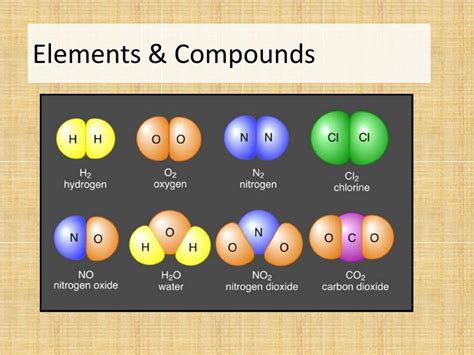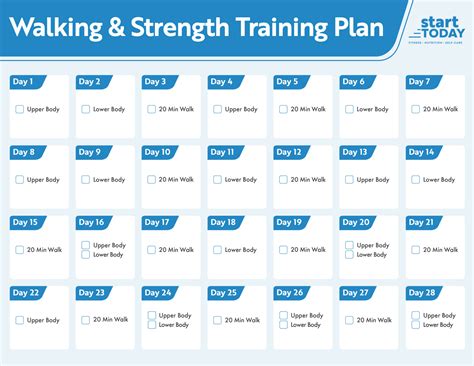How does prioritizing compound lifts over isolation exercises benefit men aiming for overall strength and muscle development?

For men dedicated to forging a powerful physique and enhancing overall strength, the strategic choice between compound lifts and isolation exercises is paramount. While both play a role in a comprehensive fitness regimen, prioritizing compound movements offers a superior pathway to achieving significant gains in strength, muscle mass, and functional fitness.
Understanding the Foundation: Compound vs. Isolation
To appreciate the benefits, it’s essential to distinguish between these two exercise types. Compound lifts are multi-joint movements that engage several muscle groups simultaneously. Think squats, deadlifts, bench presses, overhead presses, and rows. These exercises mimic natural human movement patterns and are fundamental to building foundational strength.
Isolation exercises, on the other hand, focus on a single joint and primarily target one specific muscle group. Examples include bicep curls, tricep extensions, leg extensions, and lateral raises. While effective for sculpting and bringing up lagging muscle groups, their role is typically secondary to compound movements for overall development.

The Unrivaled Benefits of Compound Lifts
1. Maximal Muscle Activation and Overall Strength
Compound exercises recruit a far greater number of muscle fibers across multiple muscle groups. A barbell squat, for instance, activates the quadriceps, hamstrings, glutes, core, and lower back all at once. This holistic approach leads to more significant strength gains across the entire body, rather than just in isolated areas. By lifting heavier loads through multi-joint movements, you progressively overload more muscle tissue, stimulating superior growth.
2. Enhanced Hormonal Response
Engaging large muscle groups simultaneously triggers a more robust release of anabolic hormones, such as testosterone and growth hormone. These hormones are crucial for muscle protein synthesis, recovery, and overall muscle growth. Isolation exercises, by comparison, elicit a far less potent hormonal surge, making them less effective for systemic muscle development.

3. Superior Time Efficiency
For individuals with busy schedules, compound lifts are a game-changer. You can work your entire body effectively with just a handful of compound exercises, saving valuable time while still achieving comprehensive muscle stimulation. A full-body workout consisting of squats, bench press, and rows can be far more productive than numerous isolation exercises spread across different days.
4. Improved Functional Strength and Athleticism
Compound movements closely mimic actions performed in daily life and sports – lifting objects, pushing, pulling, jumping, and running. By strengthening your body in these natural movement patterns, you build functional strength that translates directly to improved performance in sports, reduced risk of injury, and greater ease in everyday physical tasks. This practical strength is often overlooked when focusing solely on isolation work.

5. Higher Calorie Expenditure and Fat Loss
Because they engage more muscle mass and demand greater energy output, compound lifts burn significantly more calories both during and after your workout. This increased metabolic demand contributes to more effective fat loss and a leaner, more defined physique. The “afterburn effect” (EPOC – Excess Post-exercise Oxygen Consumption) is also more pronounced following intense compound sessions.
6. Enhanced Core Stability and Coordination
Performing compound movements requires significant core engagement to stabilize the spine and transfer force efficiently. This naturally strengthens the entire core musculature, leading to better balance, posture, and overall body control. Furthermore, coordinating multiple muscle groups to work in harmony improves neuromuscular efficiency.

The Role of Isolation Exercises: A Complementary Tool
While compound lifts should form the bedrock of your training, isolation exercises still have their place. They can be utilized to address specific muscle weaknesses, bring up lagging muscle groups, or add extra volume for hypertrophy in a targeted area after the heavy compound work is done. For instance, after squats, leg extensions can further fatigue the quads, or after bench press, tricep pushdowns can enhance tricep development. However, they should always complement, not replace, the fundamental compound movements.
Prioritizing for Optimal Results
To reap the maximum benefits, structure your workouts by starting with your heaviest and most challenging compound lifts when your energy levels are highest. For example, begin a leg day with squats or deadlifts, a chest day with bench press, and a back day with rows. Follow these with secondary compound movements, and only then, if necessary, incorporate isolation exercises for specific refinement.

Conclusion
For men aiming for overall strength, substantial muscle development, and functional fitness, the evidence strongly supports prioritizing compound lifts. These multi-joint movements offer unparalleled advantages in terms of muscle activation, hormonal response, time efficiency, functional strength, and calorie expenditure. While isolation exercises have their merits for targeted refinement, they should always serve as a valuable supplement to a program built upon the powerful foundation of compound training. Embrace the big lifts, and watch your strength and physique transform.









